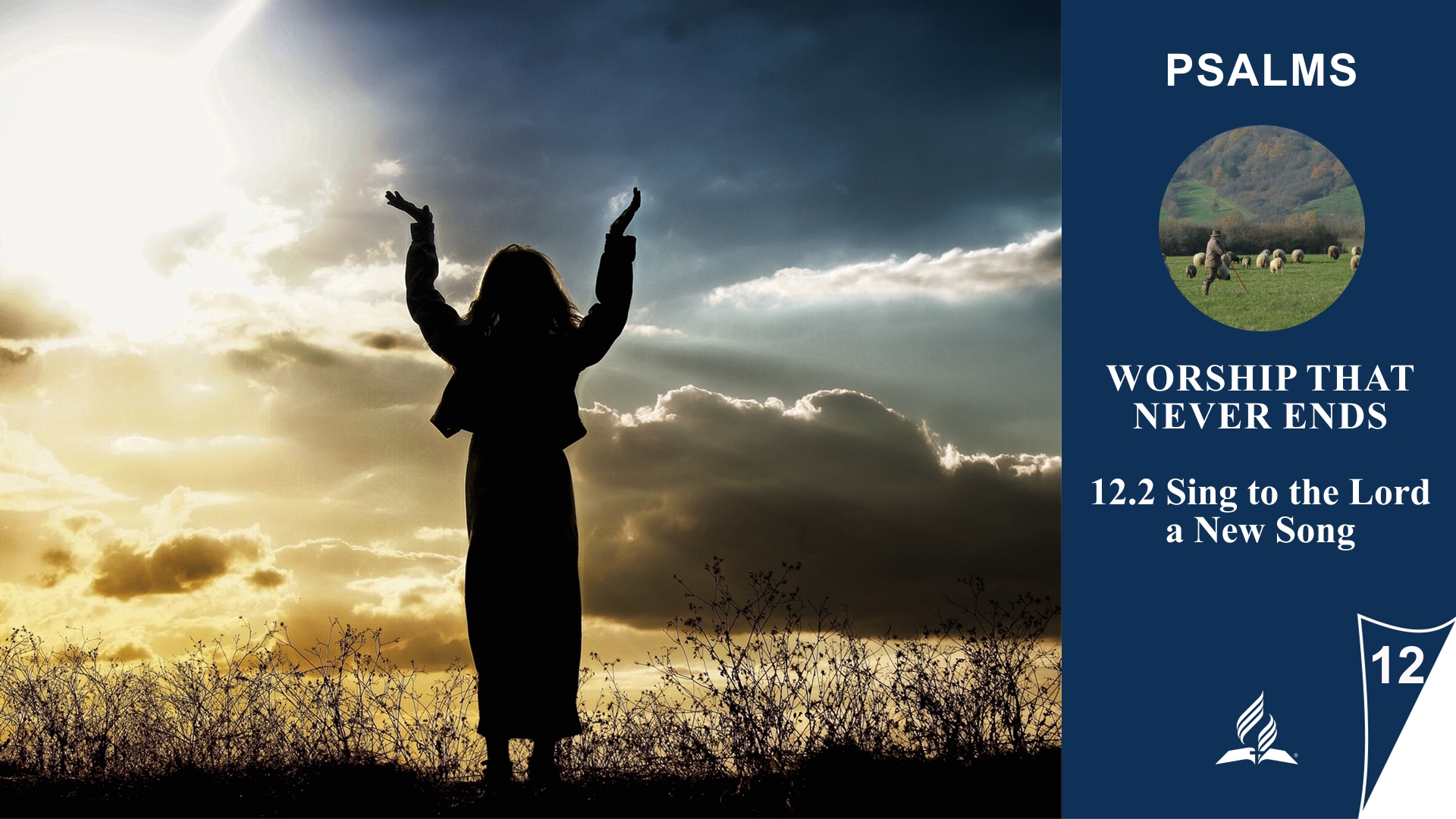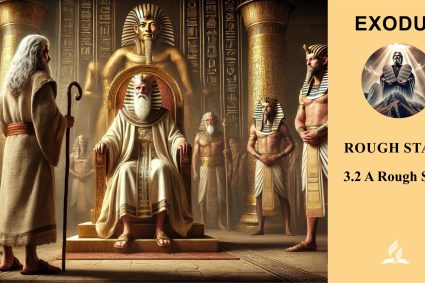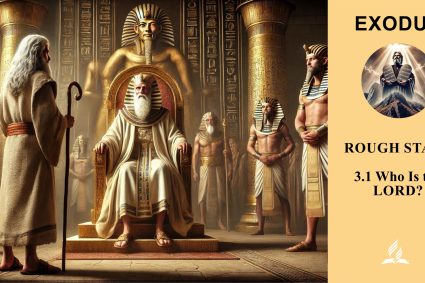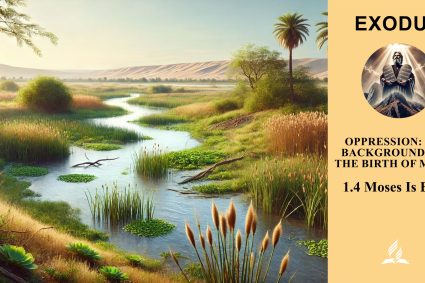


12.2 Sing to the Lord a New Song
The Freshness of Worship: The New Song as an Expression of the Living Relationship with God
Read Psalm 33:3; 40:4; 96:1; 98:1; 144:9 and 149:1. What motif do these verses have in common?
The mentioned verses from the Psalms have the motif of the “new song” in common. A “new song” is more than just a musical piece; it represents a renewed dedication to God, based on the fresh experience of His goodness, sovereignty, and salvation. It is a response to God’s majesty and care, both as Creator and Judge of the world.
The reasons for singing a “new song” may vary but can include gratitude for His salvation and care, deliverance from enemies and death, as well as God’s special favor toward His people Israel. It is a celebration of the personal experience of divine deliverance and renewed dedication to God.
The common themes in these Psalms that speak of a “new song” include trust in God, praise for His wonderful deeds, and deliverance from distress. It is an expression of joy and thanksgiving stemming from the personal relationship with God and strengthens the community of believers.
Read Isaiah 42:10–12; Revelation 5:9 and 14:3. What can we deduce about the “new song” from these Bible texts?
The Bible texts from Isaiah 42:10–12; Revelation 5:9, and 14:3 provide additional insights into what the “new song” might signify:
-
Unique Testimony of Redemption: The “new song” is a unique testimony of redemption through the blood of the Lamb, as mentioned in Revelation 5:9. It is a song that expresses the special experience of redemption and deliverance through Christ.
-
Expectation and Hope: The “new song” also expresses expectation and hope, especially in Revelation 14:3, where those who follow the Lamb sing a “new song.” This could indicate that the song is an expression of hope for the future experience of perfect communion with God.
-
Freshness and Dynamism of Worship: True worship, as described in Isaiah 42:10–12, goes beyond external rituals and reflects a living relationship with God that is always fresh and dynamic. The “new song” could thus represent a daily renewed expression of our love and appreciation for what God has done for us.
In summary, we can deduce from these Bible texts that the “new song” is a profound and dynamic form of worship that reflects the personal experience of redemption, the hope for future communion with God, and the ongoing freshness and dynamism of the relationship with Him. It is a song of gratitude, hope, and expectation for the glory of God.

The connection between our everyday life and our faith lies in the practice of worship through the “new song.” Here’s how this connection can be established:
-
Personal experience of redemption: Singing a “new song” is based on the personal experience of redemption through Christ. In our daily lives, we should continually remind ourselves of how God has saved us and delivered us from various situations.
-
Hope and expectation: The “new song” also expresses hope and expectation, especially for future communion with God. In our daily lives, we should place our hope in God and trust that He will continue to guide and lead us.
-
Freshness and dynamism of worship: Our relationship with God should be fresh and dynamic, free from routine and formalism. We can sing the “new song” in our daily lives by worshiping God with a heart of gratitude, joy, and dedication, regardless of external circumstances.
-
Strengthening the community of believers: Singing the “new song” also strengthens the community of believers. In our daily lives, we should join together with other believers to praise and worship God collectively, encouraging each other in our faith.
Overall, the concept of the “new song” shows that our worship is not limited to specific times or places but should be integrated into our daily lives. It is a lively and dynamic form of worship that springs from a deep relationship with God and a personal experience of His goodness and salvation.
(Visited 52 times, 1 visits today)




















